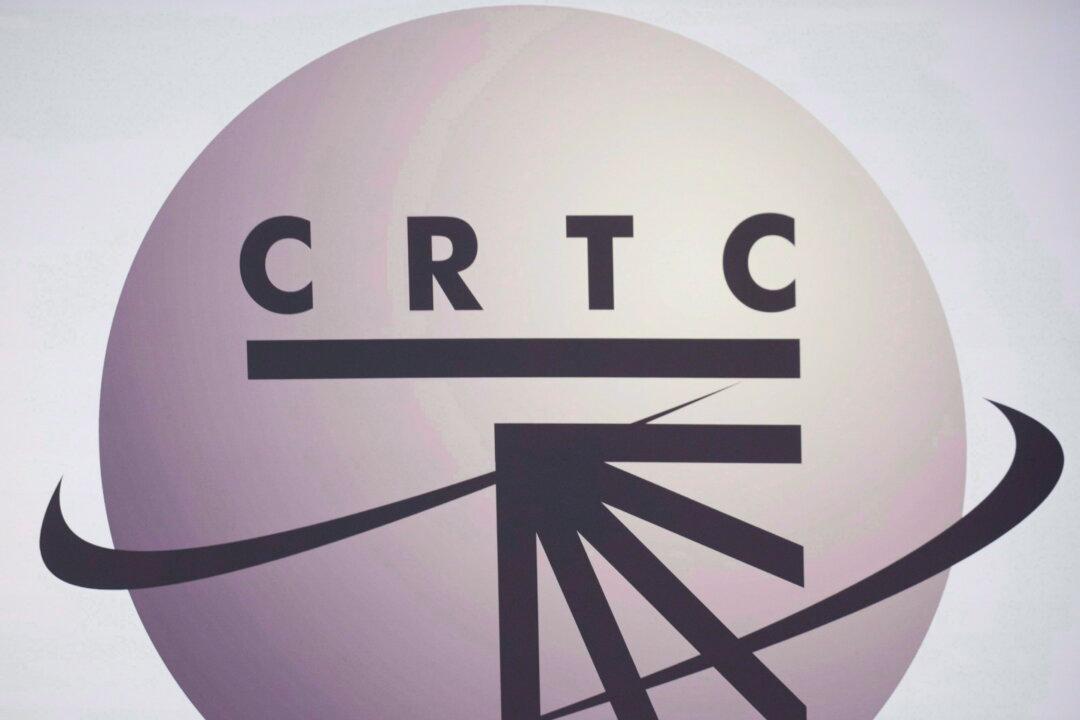As Canadians still cannot see news on Meta platforms following backlash to Bill C-18, Canada’s broadcasting regulator is actively determining whether a tax should be imposed on online sites to bolster struggling media companies.
“We are really worried,” says Canadian Radio-television and Telecommunications Commission (CRTC) chairperson Vicky Eatrides.





